What Is a Organic Search?
Organic search refers to the unpaid results that are listed in a search engine’s results page in response to a query. As opposed to paid search results, like pay-per-click advertising, organic search results are naturally selected to match a user’s search intent.
For example, let’s say that you are looking to buy macaron packaging for your bakery. When you head over to Google and type in ‘macaron boxes’, the search results page will include websites that are relevant to your search.
How organic search works
The search engine recognizes your intent to find and buy macaron boxes and displays a list of potential vendors.
At the same time, it is important to mention that the top results returned by a query are more often than not paid ones.
These are also known as pay-per-click or display ads, and you can differentiate them from organic results by the word Ad being placed before the link.
Ranking factors on results pages
There are several factors that determine the position of a website in a search engine’s results page. After all, choosing the most relevant content from a multitude of possible pages is what a web crawler is meant to do.
The most important factors are:
- Domain authority
- Backlinks,
- Usability,
- Security,
- Page Speed,
- Optimized content.
Why is organic search important?
Organic search is one of the most desirable sources of traffic for inbound marketers. You can think of it as a well-built pathway. In real life, if you open a shop but visitors need to drive through really muddy roads to get to you, it’s highly unlikely for them to stop by.
If you invest in building a proper pathway, however, it’s guaranteed to aid your efforts long-term. Organic traffic can take time to build. Nevertheless, it is extremely valuable as your visitors will present a high level of interest in what you have to offer. After all, if they got to your website organically, it means that you’ve answered one or several questions they had.
Organic search connects you to the right audience. This way, you get to present your brand to people who are likely to be interested in your business but were not aware of it before.
How to rank higher in SERP
In order to rank higher on search engine result pages, it’s essential to pay attention to your audience’s search intent and target your keywords accordingly. Once you decide which ones are best, add them to a blog post or a page’s content. This way, your website will be optimized for search engines.
Keyword targeting, as well as other efforts like link building or meta optimizations, fall under the umbrella of a broad marketing strategy known as Search Engine Optimization or SEO.
While optimizing your content for organic search, always keep in mind that, at times, Google introduces changes to its ranking algorithms. While most of them are minor, some can impact your organic search traffic so be sure to stay up to date and keep optimizing!
Recommended for you: A Beginner’s Guide to Using AI in Content Marketing

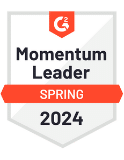
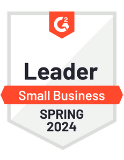
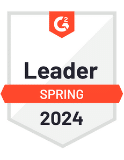
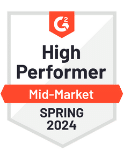
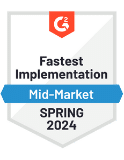

 Customizable tone of voice
Customizable tone of voice  Several variations to choose from
Several variations to choose from  1,000 pre-made AI prompts
1,000 pre-made AI prompts